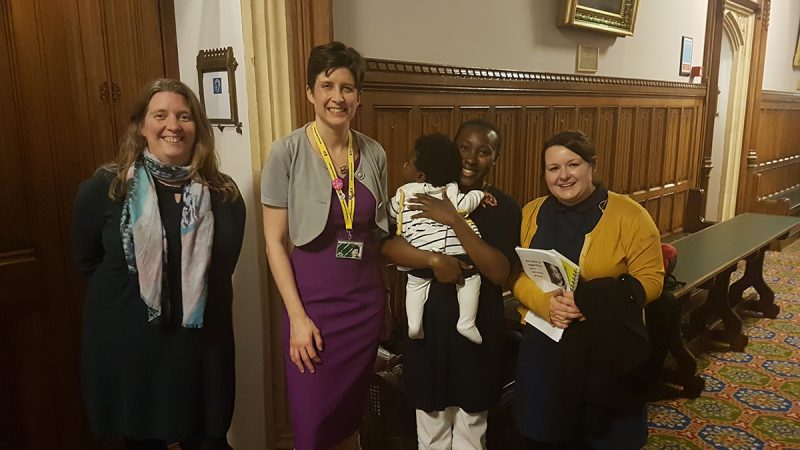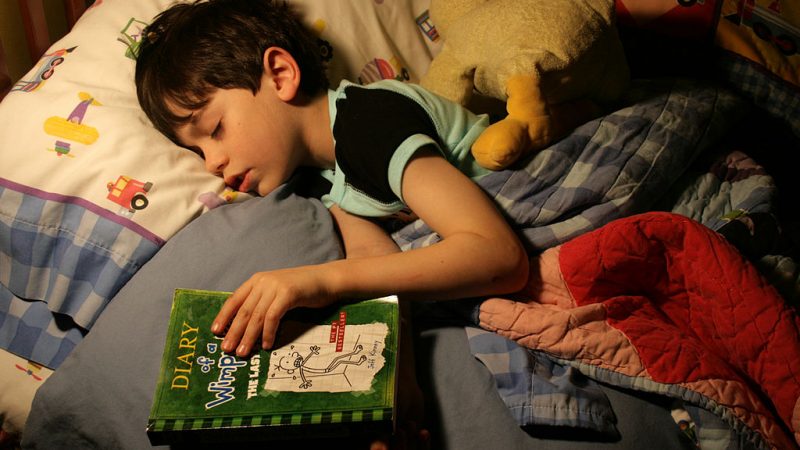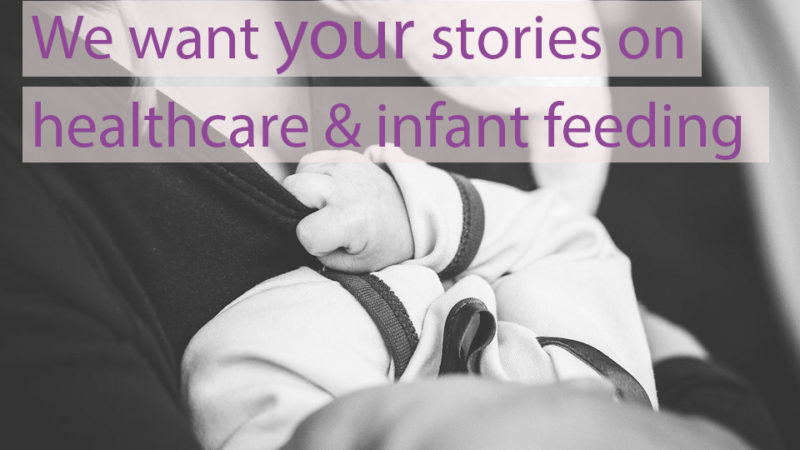
What have the Breastfeeding and Health Care Experience Parenting Science Gang been up to?
Do you breastfeed? Have you breastfed? Did you want to breastfeed?
Did you have advice from a health care professional, breastfeeding counsellor or peer supporter? How did their advice affect you and your breastfeeding journey?
These are the questions that led to the creation of the Breastfeeding Health Care Experiences Parenting Science Gang (BF HCE PSG) at the end of last year.
The group is made up of members from various Facebook breastfeeding support groups. They were aware of how many posts about interactions with health care professionals they saw each week. Some were good but many were bad.
The group found that many health care professionals receive very little training on breastfeeding so they wanted to find out the effect of this knowledge gap. With this in mind, the group has developed two studies.
Breastfeeding Mothers’ Stories
The first study, developed with support from Dr Gavin Brookes (Lancaster), has just been submitted for ethical review.
The study will ask mothers to write about their interactions with health care or breastfeeding professionals as part of an electronic survey. They are interested in the whole range of interactions be they positive, negative or neutral.
The responses will be analysed using Corpus Linguistics – a technique that users computer software to analyse a body of text and pull out the words that occur most frequently and words that are collocated. Human researchers then look at these in more detail to identify key themes. You can read more about Corpus Linguistics in our Q&A with Gavin earlier this year.
Personal experience impacting on professional practice
The second study, developed in conjunction with Dr Yan-Shing Chang (Kings College London), has received ethical approval and is underway.
The study will recruit health care professionals from within BF HCE PSG. In pairs, they will interview each other about their opinions on breastfeeding before and after their own personal breastfeeding experiences and consider how this has impacted their professional practice.
A research team made up of members of BF HCE PSG will analyse the anonymised interview transcripts using thematic analysis. The healthcare professionals will then have an opportunity to comment on whether the themes the researchers have identified are accurate. Finally, the whole of BF HCE PSG (approximately 400 members) will be invited to comment on the themes identified by the research team in an online live chat. This will be published on the PSG website.
The next couple of months are going to see a lot of hard work put in by our citizen scientists, and they hope that the shared experience of the wider breastfeeding community may be able to provide some positive recommendations for those that advise breastfeeding mothers as part of their professional practice. Watch this space!


